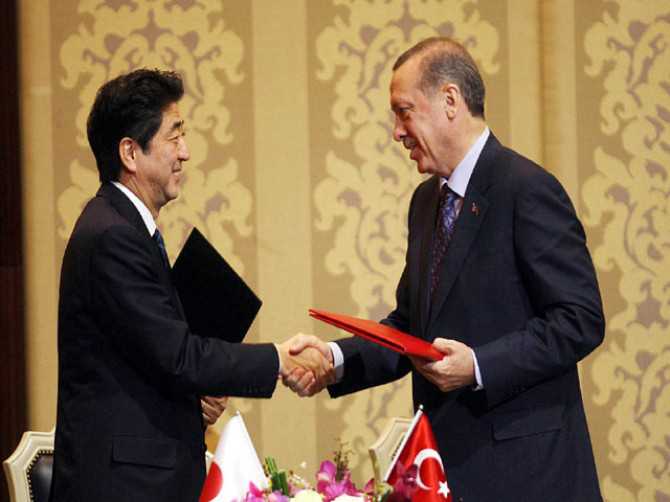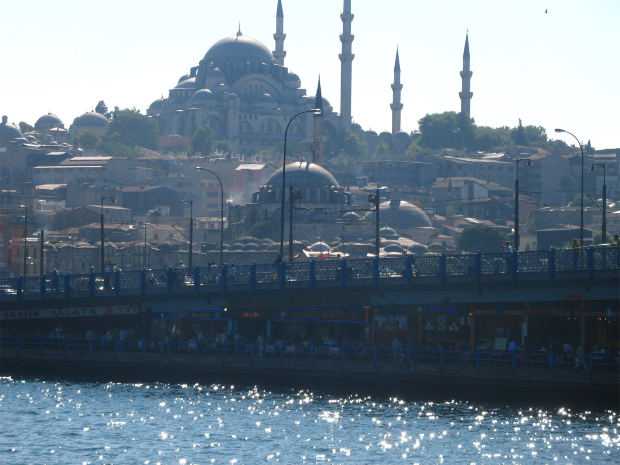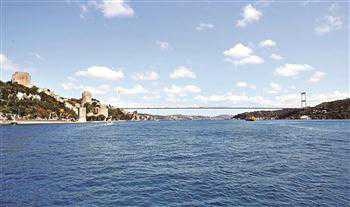Asian airlines are expanding partnerships and collaboration with new hubs. Following Singapore Airlines’ expanded partnership with Turkish Airlines and Cathay Pacific’s with Qatar Airways, All Nippon Airways – now Japan’s largest international carrier – is likely to open a service from Tokyo to Istanbul and deepen its partnership with fellow Star carrier Turkish Airlines. This would be the first Japanese service to Turkey, complementing those from other Asian countries including Korea, Malaysia and Singapore. It would also be the first strategic partnership between a Japanese carrier and an airline from a new hub in Turkey/the Gulf.
The rationale is clean cut. Turkey has become a popular tourist point for Japanese passengers, who would pay a premium to fly on a Japanese carrier to Istanbul. ANA can use Istanbul to open new destinations in Eastern Europe, the Middle East and Africa that it and competitor Japan Airlines cannot reach but Middle East Gulf carriers can.
ANA’s challenge is tapping these new markets while sustaining its important relationship with the Lufthansa Group, whose seven daily flights to Japan are under a JV with ANA. An expanded Turkish Airlines partnership would have sensitivity in its overlap with Lufthansa, which has recently very publicly terminated most of its cooperation with Turkish as the fast growing “fourth Gulf airline” increasingly challenged its hub role.
via ANA service to Istanbul and expanded partnership with Turkish would need balance with Lufthansa | CAPA – Centre for Aviation.






